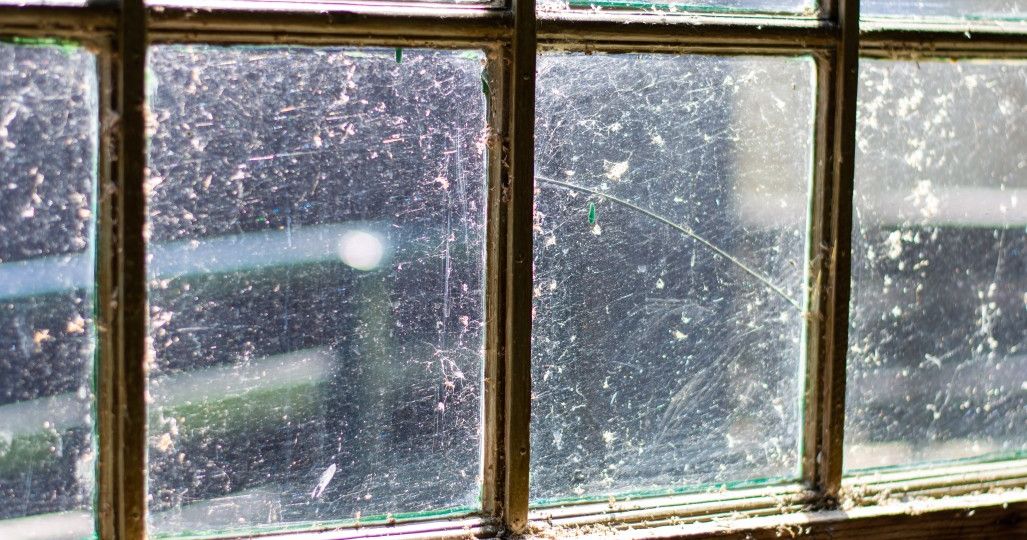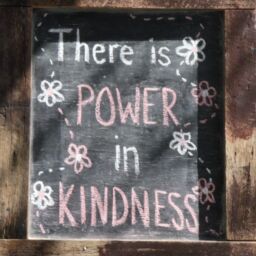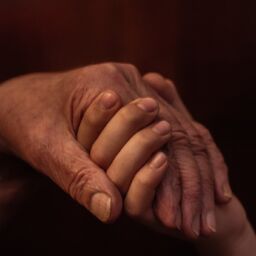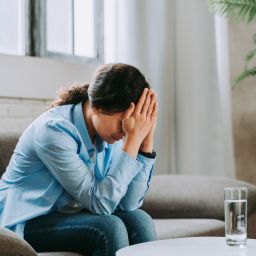
The Department of Health and Human Services defines self-neglect as “the behavior of an older adult that threatens their own health or safety and generally manifests itself by failure to provide themselves with adequate food, water, clothing, shelter, personal hygiene, medication (when indicated), and safety precautions.” (Godfrey, 2019).
Although self-neglect is very common in older adults, it applies to any adult unable or unwilling to care for themselves (Social Care Institute for Excellence, 2018).
This can apply to mentally ill people; however, people can self-neglect even if they are mentally healthy.
The major causes of self-neglect are:
1. Brain injury, dementia, or other mental disorders
2. Obsessive-Compulsive Disorder or Hoarding Disorder
3. Physical illness that can affect abilities, energy levels, attention span, organizational skills, or motivation
4. Reduced motivation as a side effect of medication, addictions, and traumatic life changes (Social Care Institute for Excellence, 2018)
Self-neglect is further defined as a “lack of self-care to the extent that it threatens personal health and safety” (Social Care Institute for Excellence, 2018).
Self-Neglect can include:
1. Not eating enough food to the point of malnourishment
2. Wearing clothes that are filthy, torn, or not suited for the weather
3. Living in unsanitary or hazardous conditions
4. Not receiving needed medical care
(Washington State Department of Social and Health Services)
5. Poor personal hygiene
6. Poor medication management or medication refusal
7. Signs of unpaid bills, bounced checks, or utility shut-offs
8. Lack of adequate food in the house
(Godfrey, 2019)
There are many resources available to those who self-neglect. Lawyers can help those who are financially struggling to obtain benefits and gain assistance through mental health professionals.
A key difference between self-neglect and other forms of abuse is that as it comes from oneself, there is only so much you can do to help people suffering from self-abuse: even if all the resources and care are provided, the person needs to be ready to make a change in their lifestyle so they can work towards a better, safer, healthier, and happier life for themselves.
If you know someone struggling with self-neglect, try to encourage them and determine what may be in their way of prosperity. If you struggle with self-neglect, try slowly phasing yourself into a better lifestyle; for example, run a bath, cook a simple, healthy meal, or clean a room in your house.
Self-neglect cannot be fixed all at once — work at your own pace and celebrate small victories. Breaking it down into small manageable steps can be far less physically, mentally, and emotionally draining.
No one expects perfection; it is okay if you cannot jump right into leading a healthy lifestyle. Slowly introducing changes into your routine will help you set yourself up for a healthier and happier life. As you become accustomed to these changes, they will soon become easier until they are second nature.
Abuse Refuge Org’s mission is to build a worldwide community focused on breaking the cycle of abuse through education and support. Learn more at GoARO.org and please consider donating to help support our cause.
Sources
Godfrey, David. “Legal Basics: Self Neglect.” National Center on Law and Elder Rights. November 2019.
Social Care Institute for Excellence. “Self-neglect at a glance.” Social Care Institute for Excellence (SCIE). (2018, October). https://www.scie.org.uk/self-neglect/at-a-glance.
Washington State Department of Social and Health Services. “Self neglect.” DSHS. (n.d.). https://www.dshs.wa.gov/altsa/home-and-community-services/self-neglect.

















Thank you for reading Clair. We are glad you find our articles inspiring!